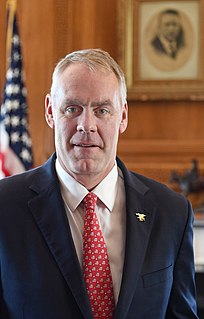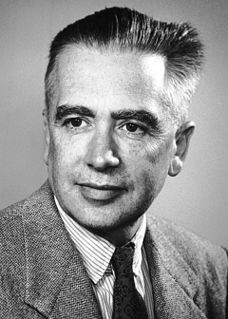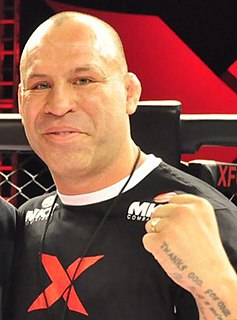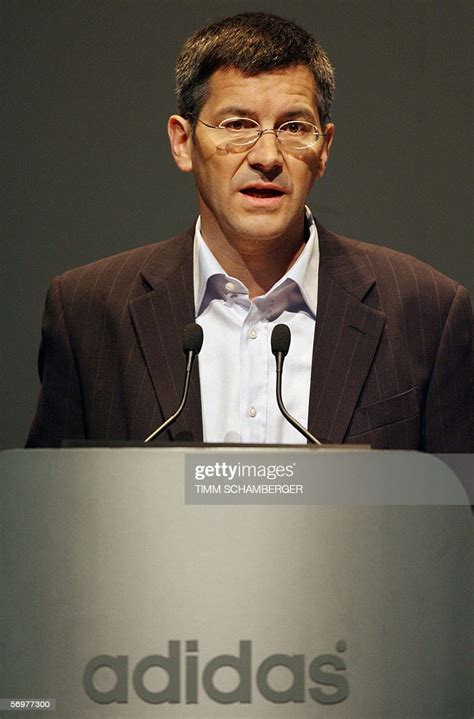A Quote by Zbigniew Brzezinski
Human affairs require some combination of moral commitment with disciplined political action. And that is what keeps me intrigued and challenged and wanting to influence events.
Related Quotes
Political realism is aware of the moral significance of political action. It is also aware of the ineluctable tension between the moral command and the requirements of successful political action. And it is unwilling to gloss over and obliterate that tension and thus to obfuscate both the moral and the political issue by making it appear as though the stark facts of politics were morally more satisfying than they actually are, and the moral law less exacting than it actually is.
There are some militarists who say: ‘We are not interested in politics but only in the profession of arms.’ It is vital that these simple-minded militarists be made to realize the relationship that exists between politics and military affairs. Military action is a method used to attain a political goal. While military affairs and political affairs are not identical, it is impossible to isolate one from the other.
There ought not be two histories, one of political and moral action and one of political and moral theorizing, because there were not two pasts, one populated only by actions, the other only by theories. Every action is the bearer and expression of more or less theory-laden beliefs and concepts; every piece of theorizing and every expression of belief is a politcal and moral action.
Blind obedience is itself an abuse of human morality. It is a misuse of the human soul in the name of religious commitment. It is a sin against individual conscience. It makes moral children of the adults from whom moral agency is required. It makes a vow, which is meant to require religious figures to listen always to the law of God, beholden first to the laws of very human organizations in the person of very human authorities. It is a law that isn't even working in the military and can never substitute for personal morality.
Exasperation with the threefold frustration of action -- the unpredictability of its outcome, the irreversibility of the process, and the anonymity of its authors -- is almost as old as recorded history. It has always been a great temptation, for men of action no less than for men of thought, to find a substitute for action in the hope that the realm of human affairs may escape the haphazardness and moral irresponsibility inherent in a plurality of agents.
. . . What role does historiography play in the way a society and culture "remembers" past events? Does the historian have a moral or civic responsibility to this project of memory that ought to influence the way he or she engages in historical practice? Should moral concerns influence the historian's choice of subject matter, of issues to discuss, of evidence to use?
Out of politics comes more uproar than progress. It is indeed surprising how little, comparatively, this noisy department of human affairs contributes to the world's prosperity. Political commotions upon the grandest scale, political events of astounding suddenness, political characters of the greatest ability, abound, but still, permanent results are rare, and we look in vain for a measure of public good corresponding in extent to the hideous rout which ushers it in. Progress but turns upon its pillow, and goes to sleep again.
I challenged Coleman and he accepted, he said he'd fight me. I pointed at Baroni and challenged him too, he looked at me with a bewildered look on his face and asked: "Me?", I said "Thats right, You!!" I also challenged Quinton Jackson and he looked at me and said "Me too?", and I responded. If you want some, there is some for you too!
[Action's] a Western thing. We think of the hero going into battle, rebelling against a government or an oppressor, but [in KUNDUN] action is nonaction or what appears to be nonaction. That's a hard concept for Western audiences. . . . We wanted to show a kind of moral action, a spiritual action, an emotional action. Some people will pick up on it; some won't.


































